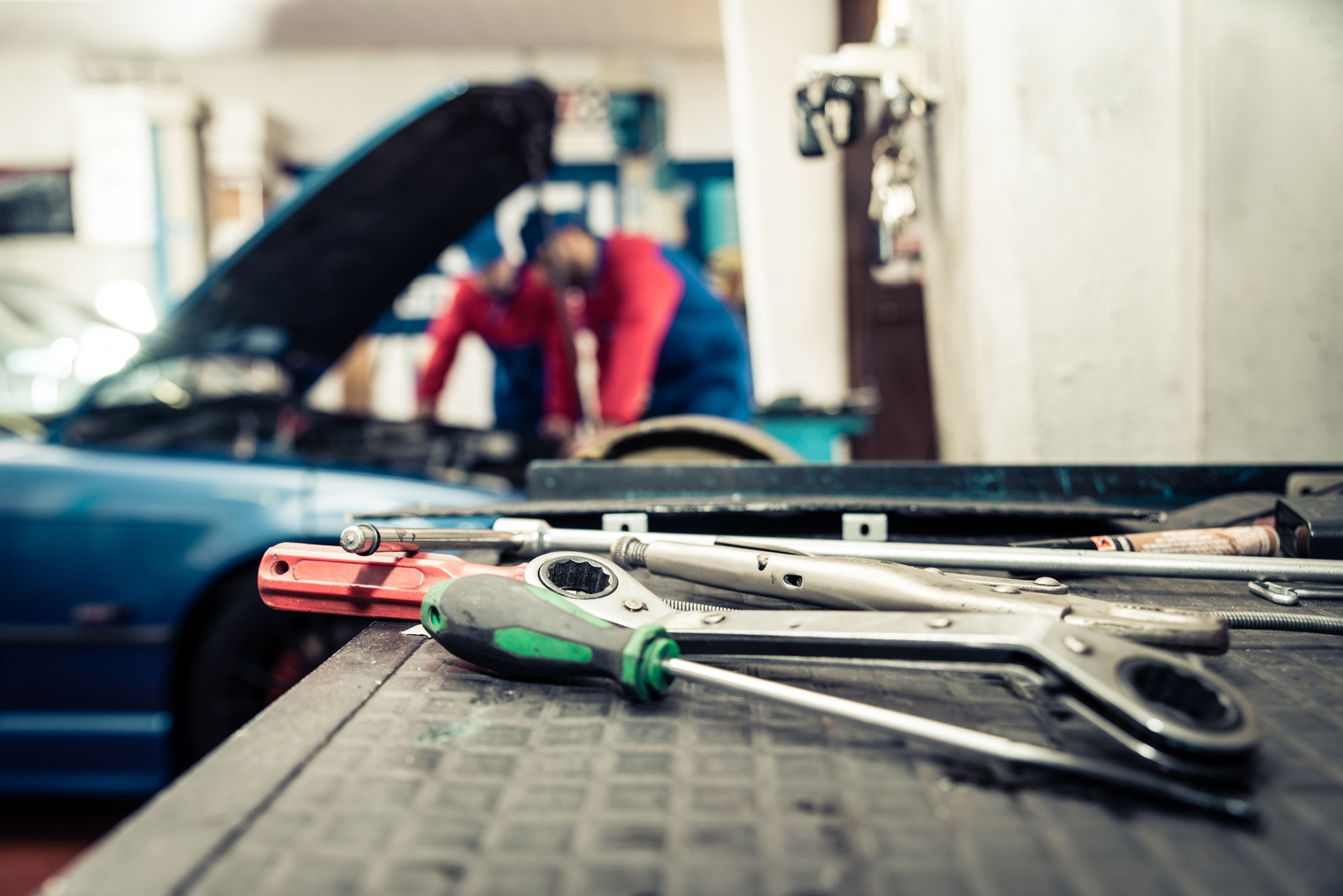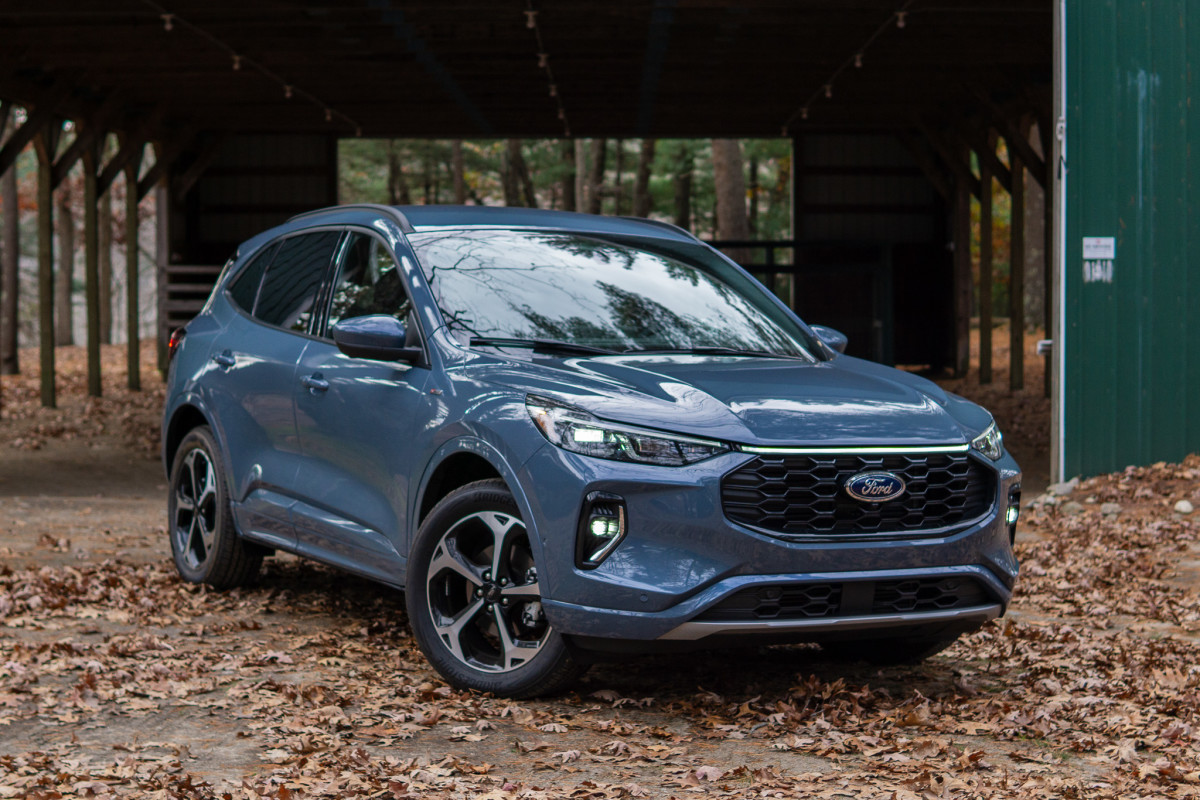With a vehicle often being one of the most expensive items a person is likely to buy, you might well be wondering 'how much is my car worth?'.
That question becomes even more important when the time comes to sell your car, because whether you’re trading it in, selling it privately, or selling it online, the value of your outgoing car is just as critical as the overall purchase price of your next car.
In this guide we'll explain how to determine how much your car is worth, and some of the differences you'll encounter according to how you sell it.
How Much is My Car Worth?
- What Determines Your Car's Value
- How Much Is My Car Worth as a Trade-In?
- How Much Is My Car Worth as an Online Sale?
- How Much Is My Car Worth as a Private Sale?

What Determines Your Car’s Value?
There’s no hard and fast determination of current market value. Pricing can change year-to-year, month-to-month, or day-to-day depending on countless factors. Market conditions can fluctuate. For instance, in the summer of 2021, used car values were on fire, thanks to a wild economy paired with an international microchip shortage.
As such, a near-infinite number of details come into play when asking how much is my car worth, but no matter what the world’s economic conditions may be, there are seven key factors that determine any car valuation:
• Model year
• Make and model
• Trim level (e.g., SE, GT, Touring)
• Optional equipment
• Mileage
• Condition
• Vehicle history report
Some of these factors are obvious: a 2020 model year is going to be worth more than a 2010. A fully loaded Honda CR-V Touring is going to be worth more than a lower-level CR-V LX with no options. A Ford F-150 with 200,000 miles is going to be worth less than an identical Ford F-150 with 40,000 miles.
Your car's condition, on the other hand, is pretty subjective and can cause a lot of heartache whether you try to sell it privately or trade it in at a dealership. Suffice it to say that if you expect top dollar for a car, you need it to be in top vehicle condition.
Finally, your car’s vehicle history report (like CarFax or AutoCheck) is absolutely going to come into play. If you have had a reportable accident that shows up on the vehicle history report, you’re not going to get the best trade price or the best asking price on a private sale, because those accidents dramatically alter the value of your car. In general, a dealership is only going to be able to sell a car on their lot if it has a clean vehicle history report. Otherwise, it’ll go straight to a wholesaler and be sold at auction, and the dealer has much less wiggle room on the price they’ll offer.
How Much Is My Car Worth as a Trade-In?
The trade-in is an incredibly convenient option for both consumers and sellers. It allows a consumer to simply walk away from the car that they’re currently driving, and then leave in a brand-new or preowned car the very same day. But it’s also an opportunity for lost money on the shopper’s end. If you trade your car in, understand that you’re going to pay for the ease of that transaction.
For the dealer, trade-ins are an excellent source of used car inventory. In fact, most used cars on a dealership’s lot come from customers trading their cars in.
The issue for dealers is deciding whether they can clean the car up and put it right out on the sales floor at retail value (potentially turning a good profit), or if it has to go to the auction (meaning that the dealership is just a conduit between you and a wholesaler).
If you’re driving a particularly hot product in great condition with low miles and a clean vehicle history report, you’ve got an opportunity to get a strong trade offer from your retailer. They want to put you in a new car, and they also want your good-quality used car, so they’ll work to make a good deal on both ends. But if you’re driving a 2007 Kia Rondo with a different color fender and four mismatched tires, you’re going to get the wholesale price for that car—which is next to nothing.
There are factors that can help make the trade-in offer from a dealership more attractive, including what state you live in. For example, car shoppers who live in Massachusetts, the dealership is allowed to subtract the trade-in value from the overall sale price of the new vehicle, thereby reducing the sales tax you owe on your next car. If you purchase a new car for $40,000, with 6.25% sales tax, your tax bill would be $2,500. But if you traded a car worth $30,000 on it, your tax liability would be reduced to $625. You can’t do this with a private sale; it’s only allowed with a trade-in at a licensed car dealer. If you can save $1,500 in sales tax by trading, that needs to factor into your equation, too. Just be sure you know what your car is worth before you’ve walked into a negotiation.
But when it comes to maximizing value for your car, what you want are offers. CarGurus can provide a trade-in value estimate, as can companies like Kelley Blue Book. Just know that small car dealers and big car dealers will buy your car, whether you decide to buy a car from them or not. The old-school way to do this was to take a Saturday and shop your car around to a bunch of used car dealerships, comparing offers along the way. That gives you a fair market range of what a car dealership is willing to pay you for a trade, but it’s time-consuming.
How Much Is My Car Worth as an Online Sale?
There's a new way to do all of this. There are a number of online services that can provide an instant cash offer in minutes. They’ll pick the car up from your home, and if you’ve represented your car accurately, they’ll send you the figure they offered, either electronically or via a check. While not always the case, in general you can expect your car's value in an online sale to be somewhere between what it's worth as a trade in, and what's it's worth when sold privately.
On CarGurus, you can also get an offer for your car by visiting our Sell My Car page. Once there, just enter a few details like your car’s VIN and mileage, and we’ll send you a range of offers from local dealers. All you need to do is choose the best offer, and we'll put you in touch with our dealer partner who will take over the sale. It's as easy as that.
How Much Is My Car Worth as a Private Sale?
Determining your car’s private party value is now far easier than estimating a trade-in value; CarGurus looks at similar vehicles listed in your local market and can provide an estimated value for a private sale based on the key factors mentioned earlier.
Private sales typically net good returns for the seller, but there’s real effort in selling privately. You need to take a bunch of good pictures, collect all the information you can about your car, and write a descriptive ad. After that, you have to weed through all the nonsense responses to your ad like “Is the Toyota still available?” or “$500 cash and my broken Honda ATV, final offer.” If your vehicle is desirable, don’t be surprised if you get some of these messages.
But at the end of this process, you’ll likely have some shoppers interested in coming to see your vehicle. Having strangers come to your house to inspect your car might not make you comfortable. It’s good advice to meet in a safe location. Many police departments make their parking lots available for exactly this purpose. Check with your local police department ahead of time.
The potential car buyer may want to have the vehicle inspected by a mechanic, in which case you need to either drive it to the mechanic and kill an hour while it’s inspected. Or you might trust the potential seller to take your car themselves. Either way, making the car available multiple times will cost plenty of your time. You need to figure out whether three or four hours of your time is worth the additional money you’d potentially receive rather than accepting an instant cash offer or trading the car in at a used car dealership.
It sounds like a hassle, and it can be but in years of buying and selling cars privately, the transactions we’ve experienced have all gone pretty smoothly. As the saying goes, your mileage may vary, and the prospect of meeting strangers and conveying large sums of cash may be more than you’re interested in taking on. In that case, the lower-car-price “convenience fee” of either an Instant Cash Offer or a dealership trade-in may be worth the difference.




